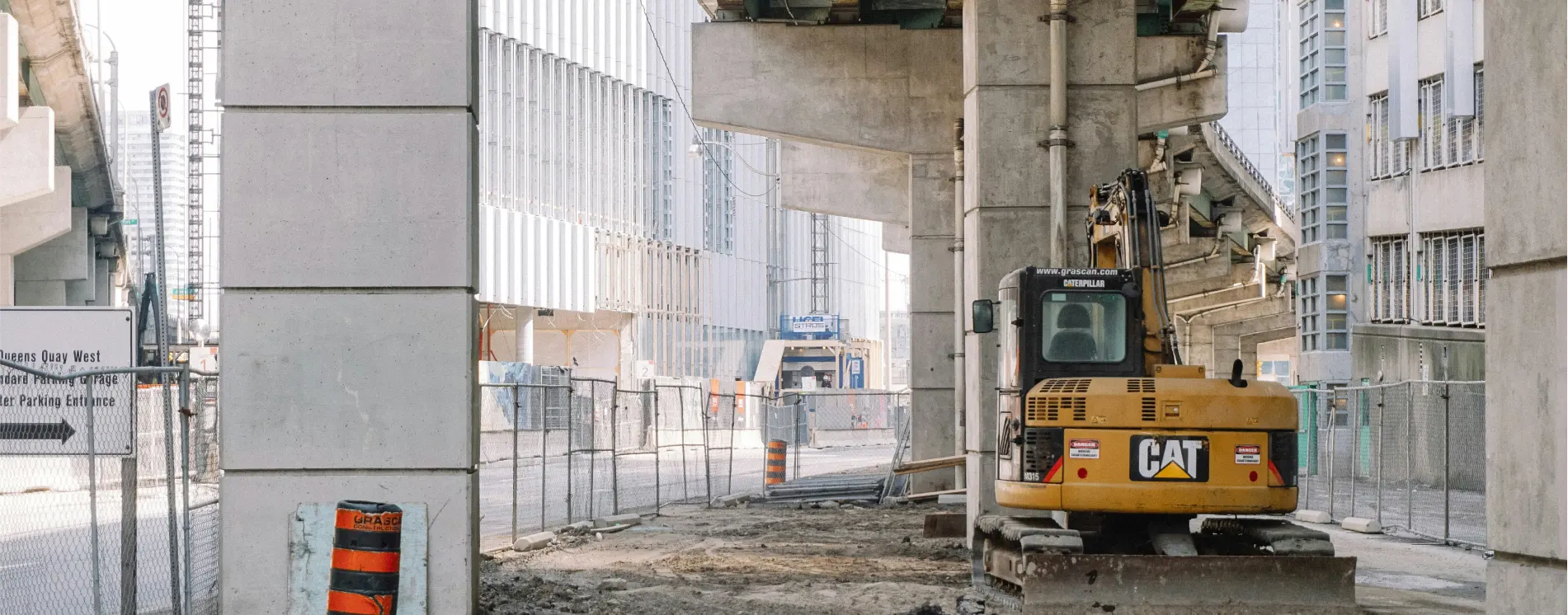
In the fast-paced world of railway projects, efficiency is key. However, many companies still rely on paper task briefs, which can lead to significant hidden costs. This article examines the impact of these inefficiencies.
Paper task briefs are prone to errors, miscommunication, and delays. When information is not accurately conveyed, it can lead to safety breaches and project overruns.
The financial implications of using paper task briefs can be staggering. From wasted time to potential fines for non-compliance, the costs add up quickly.
Switching to digital task briefs can mitigate these issues. Digital solutions provide real-time updates, ensuring that all team members have access to the latest information.
By recognising the hidden costs of paper task briefs, companies can make informed decisions to transition to digital solutions, ultimately saving time and money.

Digital task briefs enhance communication and collaboration among teams, leading to improved project outcomes.
Transitioning to digital task briefs requires careful planning and training to ensure a smooth implementation process.


The future of task management in the rail industry is digital. Embracing this change is essential for staying competitive.

In the fast-paced world of railway projects, efficiency is key. However, many companies still rely on paper task briefs, which can lead to significant hidden costs. This article examines the impact of these inefficiencies.
Paper task briefs are prone to errors, miscommunication, and delays. When information is not accurately conveyed, it can lead to safety breaches and project overruns.
The financial implications of using paper task briefs can be staggering. From wasted time to potential fines for non-compliance, the costs add up quickly.
Switching to digital task briefs can mitigate these issues. Digital solutions provide real-time updates, ensuring that all team members have access to the latest information.
By recognising the hidden costs of paper task briefs, companies can make informed decisions to transition to digital solutions, ultimately saving time and money.
Digital task briefs enhance communication and collaboration among teams, leading to improved project outcomes.
Transitioning to digital task briefs requires careful planning and training to ensure a smooth implementation process.
The future of task management in the rail industry is digital. Embracing this change is essential for staying competitive.

Visit our site to explore how digital task management can streamline your projects.